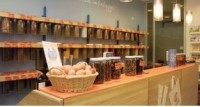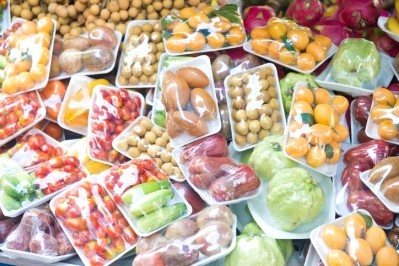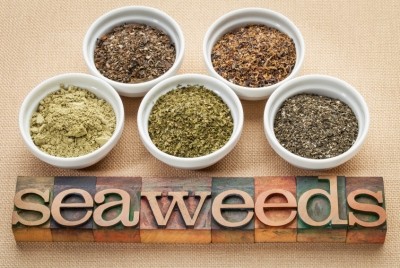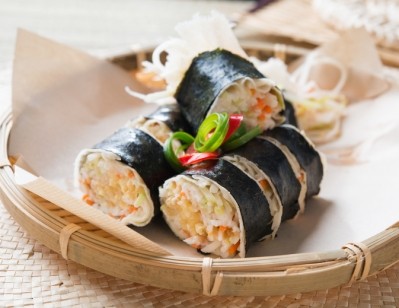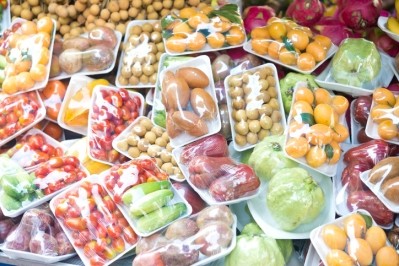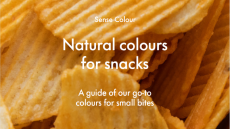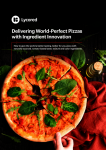Mintel's top trend for 2018
Mintel heralds ‘a new era of ingredient-sourcing’ as consumers demand pollution-free food in sustainable packaging
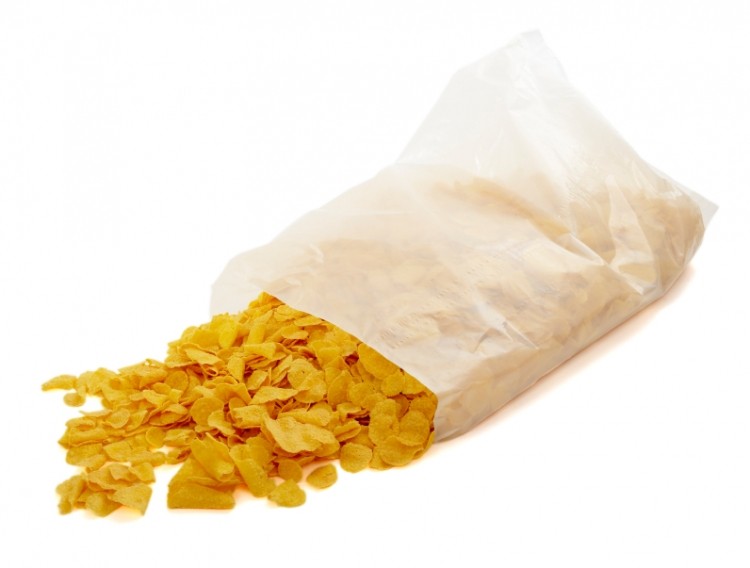
The push for green sourcing and eco-friendly packaging will be the top defining trend of 2018 for all fast moving consumer goods (FMCG) brands, according to market research firm Mintel.
The trend is being fuelled not only by conscious consumers and environmental campaigners but by governments too.
The UK government has banned all ‘rinse off’ personal care and cosmetic products containing microbeads while Sweden is set to do so by 2020.
How does Mintel determine up and coming trends?
It takes into account:
- Pending political and legislative events and product launches due in 2018;
- Consumer receptiveness to these, according to its own surveys;
- The ‘momentum in innovations’ across the globe;
- The opinions of its industry analysts.
“Brands will offer education and leadership with clean, safe and sustainable products that distinguish them from the competition as more food and beauty brands seek to highlight and safeguard the purity and future supply of their ocean ingredients.”
A new era of sourcing
Studies have shown microplastics food and drink sources as diverse as fish, beer, sugar and honey while last month Orb Media published the results of tests on tap water carried out in 14 countries in a report Invisibles: the plastic inside us. It found microplastics in 72% of samples taken in European countries including the UK, Germany and France, with a 500 ml glass of water containing an average of 1.9 fibres.
While the European Food Safety Authority has played down health fears over the potentially toxic effects that microplastics may have on the human body, consumers are increasingly concerned.
Almost three quarters (73%) of Europeans want to see more food and drink products that are guaranteed to be sourced from unpolluted waters, according
to a 2000-strong survey carried out by Mintel this year.
French brand Labeyrie launched its ‘Grandes Origines’ smoked Scottish salmon, which it says is selected from sites known for their water quality. According to Mintel, this “heralds a new era of sourcing from unpolluted areas”.
Bottled water, fish, shellfish, seaweed snacks and even jellyfish are potential products that could make a ‘grown in a pollution free environment’ claim, Mintel’s senior trends analyst Richard Cope told FoodNavigator.
This trend is not limited to foods or ingredients that are sourced from the sea, however.
This month, US ice cream brand Ben & Jerry’s, a subsidiary of Unilever, announced it would launch an organic, glyphosate-free’ range next year after tests showed traces of the herbicide in some European samples.
‘Perceived polluters will be forced to follow’
The spotlight will not only be on the products themselves but their packaging. Brands that can make the most of environmentally-friendly packaging will therefore stand out, Mintel says.
“With Adidas making one million shoes from recycled ocean plastic and Proctor & Gamble committed to introduce 25% recycled plastic across 500 million bottles sold yearly on its haircare brands, perceived polluters will be forced to follow. Coca-Cola has already responded to pressure by raising its 2020 recycling target to 50%,” the report says.
“We may well see social stigmatisation of plastic cups and cling film, more pioneering brands innovating with soluble pod packaging, and more retailers dispensing with it completely.”
In the US, the Pacific Shaving Company’s single use minis come in a food-grade soluble pod that melts away when it comes into contact with warm water while Evoware is an Indonesian company that manufactures biodegradable packaging from seaweed which can be eaten along with the food product it is protecting.
Closer to home, Scottish start-up CuanTec has created plastic packaging for seafood made from seafood. Extracting the inedible chitosan from langoustine shells, it makes a flexible, stretchy film wrapper that can replace petro-chemical plastic and even cut out the need for preservatives thanks to the microbial properties inherent in chitosan.
According to a 2017 Mintel survey which questioned 2,000 European adults, one quarter of Spanish and German consumers said the most important reason for buying natural and organic products was that they are ‘better for the environment’. This was followed by around one fifth of Italian and French consumers.
Italian retail chain Negozio Leggero is proving that packaging can be removed altogether, with its 13 stores across Italy and Switzerland stocking more than 1,500 package-free food, personal care and household products.

